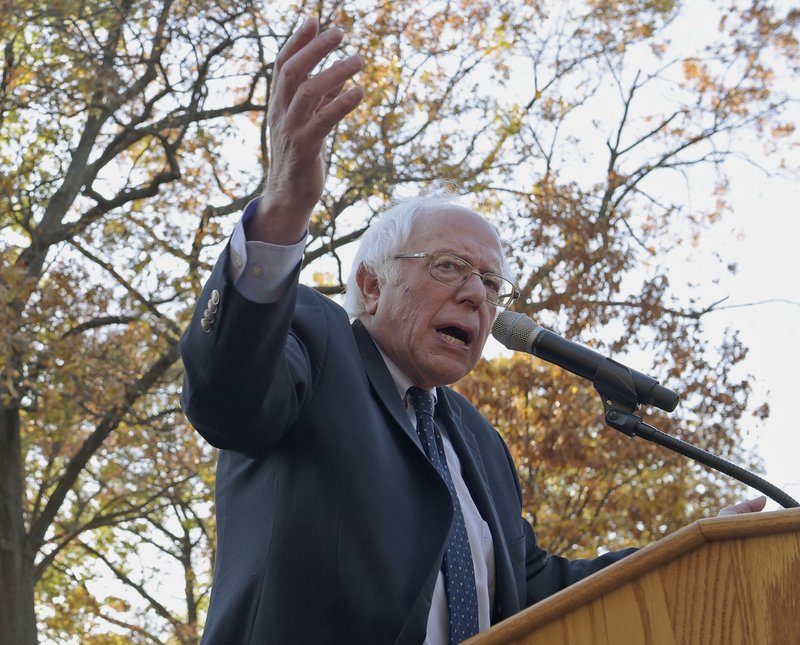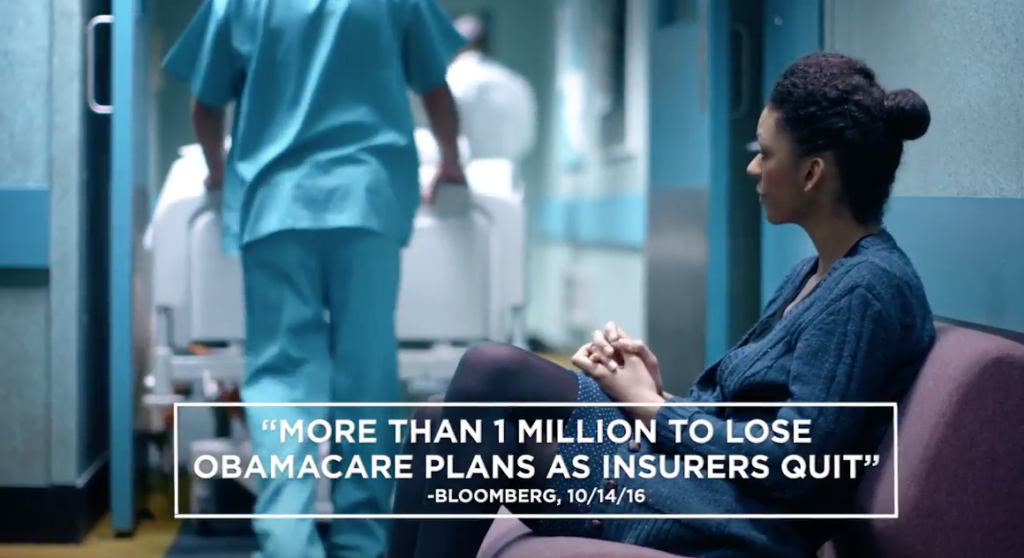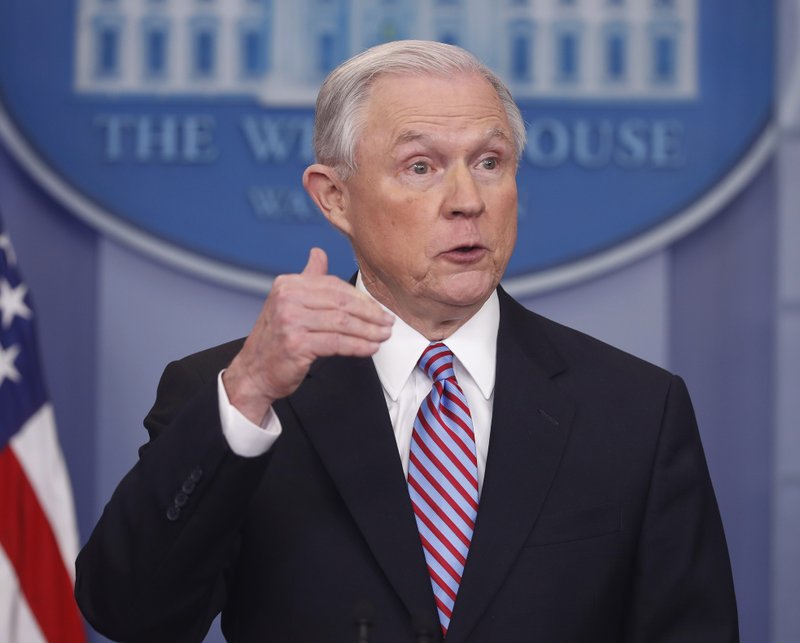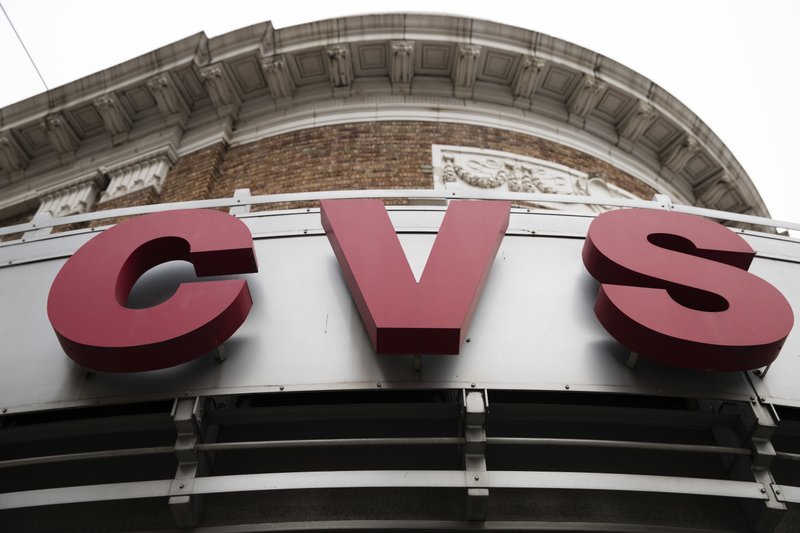Bernie Sanders kicks off cross-country tour, wants change

Independent U.S. Sen. Bernie Sanders gained roars of approval from a friendly crowd on Monday as he called for a radical transformation of the Democratic Party into a grassroots movement founded on the tenets of his unsuccessful Democratic presidential campaign: fighting against the billionaire class and rigged economic and political systems. Sanders, of Vermont, and Democratic National Committee Chairman Tom Perez, who faced some boos as he spoke, launched a cross-country tour together in Maine, where Sanders won the Democratic presidential caucuses. The tour will take them from Maine to eight other states, including Florida, Arizona, Montana and Nevada. Sanders, who ran as a Democrat against Hillary Clinton but returned to the Senate as an independent, said the Democratic Party must stop ignoring half the nation’s states and take on corporate greed on behalf of the working class. Perez urged attendees to resist Republican President Donald Trump by winning seats in Congress, statehouses and school boards. “That’s what we will do: Fight like hell with you,” Perez said. A crowd of roughly 1,200 filled the State Theatre, with the loudest cheers for Sanders and jeers at mentions of the “1 percent” and Trump’s executive orders and proposed budget cuts. “Our vision for the future of this country is a very different vision than yours,” Sanders said, as he called for living wages, protecting Planned Parenthood and fighting income inequality. He also said he’s introducing legislation to create a single-payer health care system. Some in the crowd also booed at the first mention of the Democratic National Committee. Perez’s predecessor, Debbie Wasserman Schultz, resigned after Sanders’ campaign pounced on leaked emails that they said showed party officials had favored Clinton during the primaries. Some attendees said it’s time to unite and reform the Democratic Party, while others said they’re skeptical of the political establishment and big money in politics. Sean Potter, a Sanders supporter and musician from Falmouth, said he was curious to hear from Sanders, whom he noted “kind of got shafted by” the Democratic Party. Sander’s appearance comes as Democratic parties nationwide are trying to appeal to the working class in states including Maine, where a resurgent Republican Party in the last decade has gained ground in rural communities roiled by the closing of paper mills and sluggish economic growth. Sanders drew thousands to a rally at the civic center in Portland in July 2015, showing he was more than a fringe candidate. In the end, he earned nearly two-thirds of the ballots cast in Maine’s Democratic presidential caucuses to beat Clinton. Clinton, though, won the party’s presidential nomination. Sanders also did well in rural areas that supported Republican candidate Ted Cruz, a U.S. senator from Texas, in the primary and Trump in the November election. Troy Jackson, a logger from the northern Maine town of Allagash and the Maine Democratic Senate leader, said it’s time that Democrats to work harder for those communities. “Where I’m from, people live their lives far removed from the powerful elites that seem to hold their destinies in their hands,” he said. Jackson also said he’s “heard from a lot of pundits that the average American feels powerless.” “We know it’s rigged,” he said. Elissa Moore drove two hours to the rally from Dover-Foxcroft, where she voted for Clinton but has remained a “big fan” of Sanders. She’s increasingly become involved with politics since Trump’s inauguration and worries that gay, lesbian, bisexual and transgender people will suffer under his administration. “Republicans picked up on something, whether it was racism or small-town America not feeling respected or understood,” said Moore, a mother and occupational therapist. “Democrats have the reputation of being elitist. That offended people when they went to vote.” Trump has denounced racism and has promised to “make America great again.” Republished with permission of The Associated Press.
New pro-Trump ads praise Gary Palmer for trying to repeal, replace Obamacare

An advocacy group formed by six of President Donald Trump‘s top campaign aides launched a $3 million advertising campaign to praise Congress members working to repeal and replace the Affordable Care Act. The list of 12 select members from America First Policies includes Alabama Republican Gary Palmer of Alabama’s 6th Congressional District. “Obamacare is collapsing and bringing our health care system down with it, harming millions of American families,” said Nick Ayers, Chairman of the Board of America First Policies. “The time is now to repeal and replace this terrible law, but we need citizens to engage.” The issue advocacy campaign will be on broadcast or cable, the internet and through phone calls in twelve districts, including CD 18, which stretches from Ft. Pierce to Palm Beach in Southeast Florida. “We are also utilizing Trump voter data in partnership with the Data Trust to reach the same grassroots supporters that supported America First issues over the last two years,” said Brad Parscale, Senior Digital Advisor for America First Policies. “We will be utilizing Google and Facebook to connect with millions of targeted followers across twelve districts to ask them to contact their representative and encourage them to keep working to repeal Obamacare.” Many lawmakers were lobbied personally by Trump to support the GOP’s health care bill that never came up for a vote last month, and he reportedly called on his colleagues to unite behind the bill in an emotionally charged address, according to The Washington Post. One of those praised in the ads was in Florida’s 18th Congressional District, where Republican Brian Mast flipped the seat from blue to red last November when he defeated Democrat Randy Perkins. The seat had been held for the previous four years by Patrick Murphy, who opted to run for U.S. Senate last year. Announcing their creation in January, America First Policies officials said they would conduct research into public policies and promote Trump’s favored causes, such as changing immigration policies and dismantling and replacing the Affordable Health Care law. In their news release, America First Policies enclosed the ad specifically praising Palmer.
Jeff Sessions plans crackdown on violent gangs, especially MS-13

Attorney General Jeff Sessions says the Justice Department will crack down on violent gangs. Sessions on Tuesday singled out one organization in particular, the MS-13 street gang. Its members are suspected in the killings of four people last week in Long Island. Sessions says in prepared remarks that gangs like MS-13 “represent one of the gravest threats to American safety.” He says tougher enforcement of immigration and border crimes will curb gang activity. And he says cities that protect people in the country illegally make efforts to fight gang violence more difficult. He says so-called sanctuary cities are “aiding these cartels to refill their ranks.” Sessions was speaking before a meeting with federal law enforcement officials to discuss ways to combat organized crime. Republished with permission of The Associated Press.
VA tests partnership with CVS to reduce veterans’ wait times

Some ailing veterans can now use their federal health care benefits at CVS “MinuteClinics” to treat minor illnesses and injuries, under a pilot program announced Tuesday by the Department of Veterans Affairs. The new program, currently limited to the Phoenix area, comes three years after the VA faced allegations of chronically long wait times at its centers, including its Phoenix facility, which treats about 120,000 veterans. The Phoenix pilot program is a test-run by VA Secretary David Shulkin who is working on a nationwide plan to reduce veterans’ wait times. Veterans would not be bound by current restrictions under the VA’s Choice program, which limits outside care to those who have been waiting more than 30 days for an appointment or have to drive more than 40 miles to a facility. Instead, Phoenix VA nurses staffing the medical center’s help line will be able to refer veterans to MinuteClinics for government-paid care when “clinically appropriate.” Shulkin has made clear he’d like a broader collaboration of “integrated care” nationwide between the VA and private sector in which veterans have wider access to private doctors. But, he wants the VA to handle all scheduling and “customer service” — something that veterans groups generally support but government auditors caution could prove unwieldy and expensive. On Wednesday, President Donald Trump plans to sign legislation to temporarily extend the $10 billion Choice program until its money runs out, pending the administration’s plan due out by fall. That broader plan would have to be approved by Congress. “Our number one priority is getting veterans’ access to care when and where they need it,” said Baligh Yehia, the VA’s deputy undersecretary for health for community care. “The launch of this partnership will enable VA to provide more care for veterans in their neighborhoods.” Sen. John McCain, R-Ariz., a long-time advocate of veterans’ expanded access to private care, lauded the new initiative as an “important step forward.” “Veterans in need of routine health care services should not have to wait in line for weeks to get an appointment when they can visit community health centers like MinuteClinic to receive timely and convenient care,” he said. The current Choice program was developed after the 2014 scandal in Phoenix in which some veterans died, yet the program has often encountered long waits of its own. The bill being signed by Trump seeks to alleviate some of the problems by helping speed up VA payments and promote greater sharing of medical records. Shulkin also has said he wants to eliminate Choice’s 30-day, 40 mile restrictions, allowing the VA instead to determine when outside care is “clinically needed.” Despite a heavy spotlight on its problems, the Phoenix facility still grapples with delays. Only 61 percent of veterans surveyed said they got an appointment for urgent primary care when they needed it, according to VA data. Maureen McCarthy, the Phoenix VA’s chief of staff, welcomed the new CVS partnership but acknowledged a potential challenge in providing seamless coordination to avoid gaps in care. She said a veteran’s medical record will be shared electronically, with MinuteClinic providing visit summaries to the veteran’s VA primary care physician so that the VA can provide follow-up services if needed. The VA previously experimented with a similar program last year in the smaller market of Palo Alto, Calif., a $330,000 pilot to provide urgent care at 14 MinuteClinics. CVS says it is pleased the VA has opted to test out a larger market and says it’s ready to roll the program out nationally if successful. CVS, the biggest player in pharmacy retail clinics, operates more than 1,100 of them in 33 states and the District of Columbia. “We believe in the MinuteClinic model of care and are excited to offer our health care services as one potential solution for the Phoenix VA Health Care System and its patients,” said Tobias Barker, chief medical officer of CVS MinuteClinic. Republished with permission of The Associated Press.


